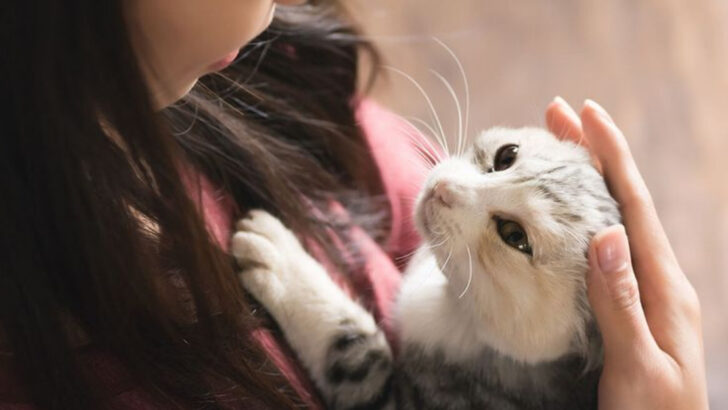Your cat isn’t as indifferent as it pretends to be.
Sure, they act like they run the place—and maybe they do—but that dramatic tail flick when you leave? That slow blink when you return? It’s not just for show.
Behind that cool exterior is a furry little heart that actually misses you.
From sudden clinginess to surprise gifts (yes, even the gross ones), cats have all kinds of subtle—and not-so-subtle—ways of saying, “Hey, I noticed you were gone.”
They may not throw themselves at the door like a dog,
but they have their own mysterious, moody ways of showing love.
Let’s decode the signs your cat has been counting the minutes until you walk back in the door.
Spoiler: there’s more emotion in that twitchy nose than you think.
Excessive Meowing
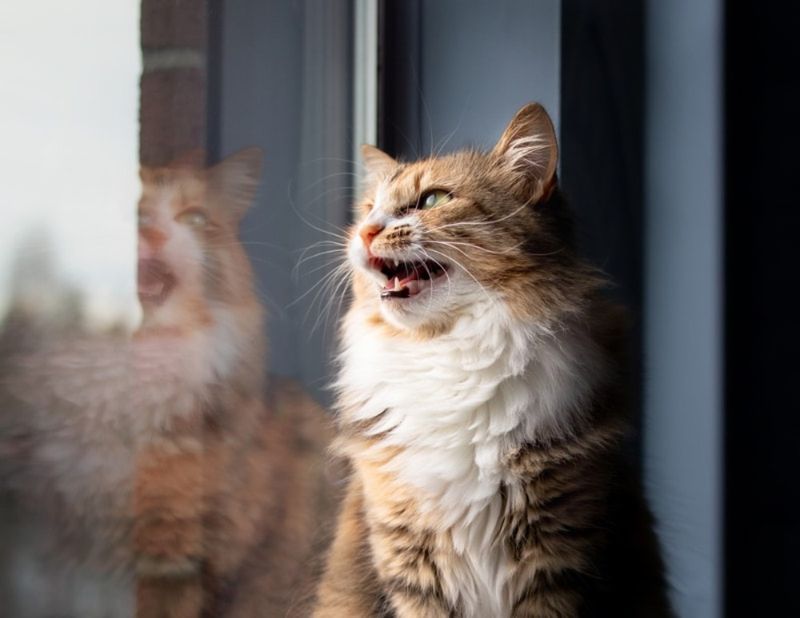
Some cats become vocal when their owners are away, expressing loneliness through increased meowing. This behavior often intensifies if the cat is usually quiet. They might sit by the door or a window, meowing for their human’s return.
In contrast, cats sometimes use chirps or trills, distinctive sounds that convey their emotional state. Cats are highly sensitive to changes in their environment. A sudden increase in meowing can be a clear indication that they miss their owner’s presence.
This behavior reflects a deeper bond, showing that cats can indeed be emotionally attached to their humans.
Purring More Often
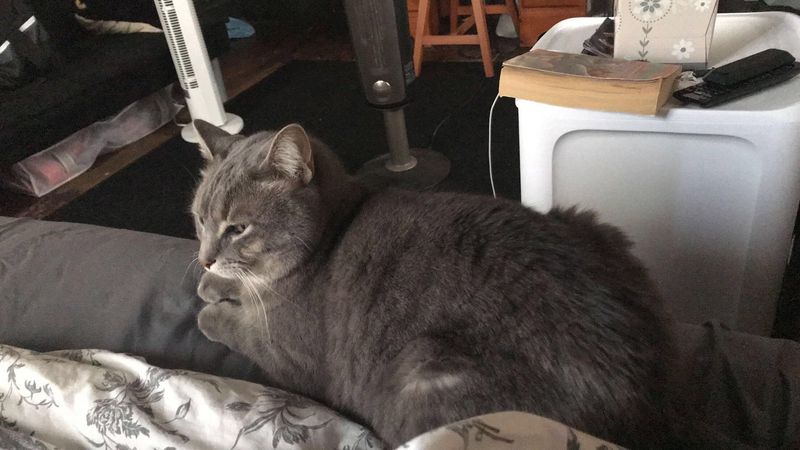
Purring is a soothing sound often associated with contentment. However, when a cat purrs more frequently in your absence, it might be seeking comfort.
Cats often associate their owners with safety and warmth, and in their absence, they try to simulate that feeling by purring. This sound can also serve as a self-soothing mechanism for cats.
If your cat seems to purr excessively when you’re gone, it might be trying to calm itself. This behavior suggests that your presence provides them with a sense of security they miss.
Destructive Behavior
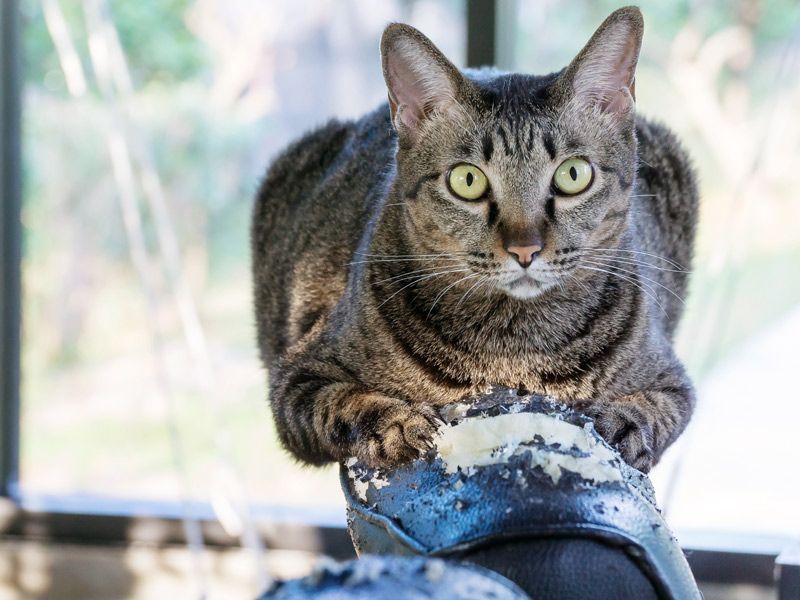
Cats may resort to destructive behaviors like scratching furniture or knocking over items when they miss their owners. These actions can be a form of stress relief or a way to get attention.
When left alone, some cats might lose their usual restraint and indulge in behaviors they know are off-limits. This could be their way of protesting the absence of their beloved human.
Such actions can be frustrating for owners, but they signify the cat’s need for interaction and emotional support.
Sleeping in Your Spot
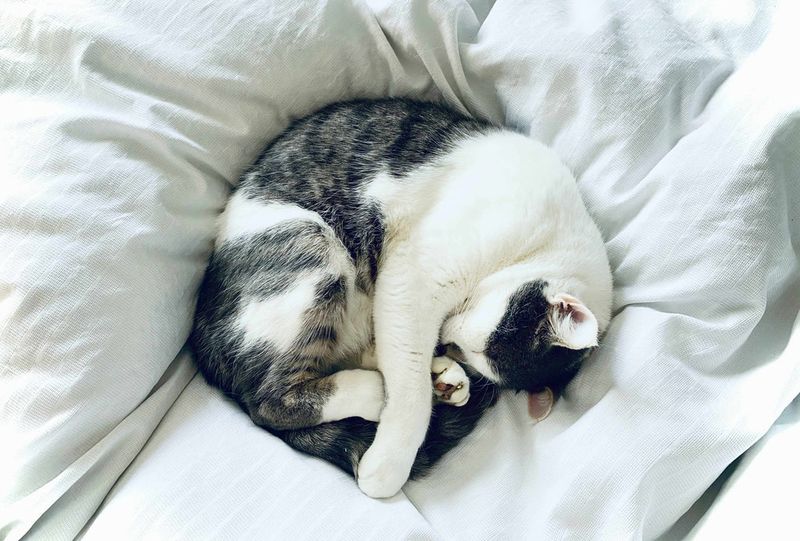
Cats often seek out their owner’s scent for comfort. When you’re away, your cat might curl up in your favorite chair or sleep on your side of the bed.
This behavior is their way of feeling close to you. Your scent in these spots provides a sense of presence, making them feel less alone.
It’s a testament to how comforting your presence is to them, even when you’re not physically there. This behavior reflects the deep bond and affection your cat holds for you.
Increased Affection Upon Return
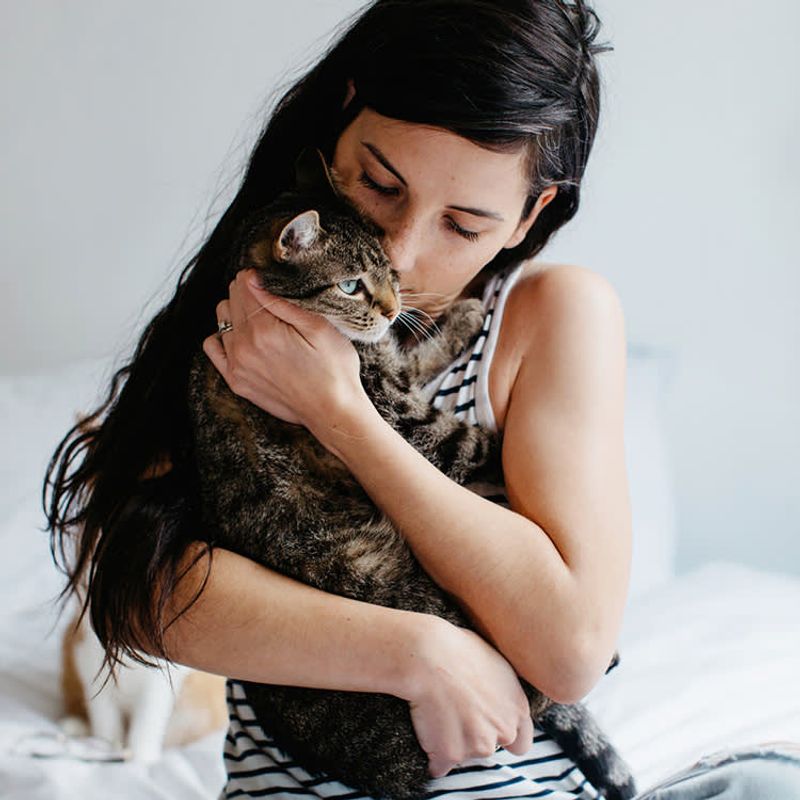
When returning home, you may notice your cat becoming extra affectionate, rubbing against you or following you around. This behavior is their way of expressing how much they missed you.
Cats are creatures of habit and are sensitive to disruptions in their daily life, such as their owner’s absence.
Their enthusiasm when you return signifies their appreciation and longing for your presence. By showing increased affection, your cat communicates its joy and relief at your return.
Ignoring You as a Protest
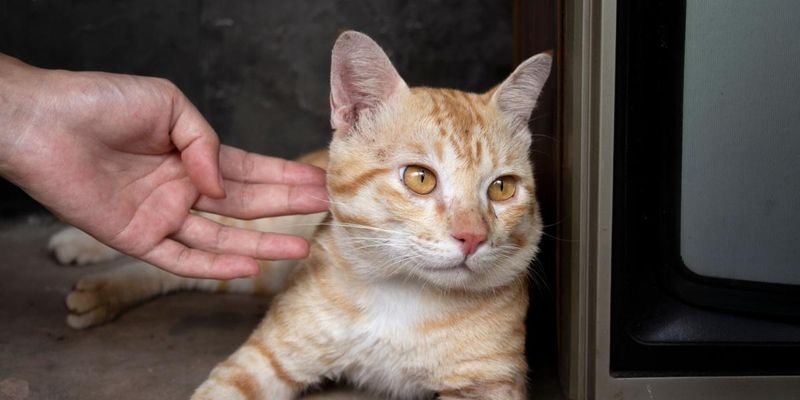
Some cats might display aloof behavior as a form of protest when their owner returns after being away. They might turn their back on you or pretend to ignore you.
This aloofness is often temporary, as they want to communicate that they were affected by your absence. It’s a cat’s way of teaching its owner a lesson or expressing mild displeasure.
Despite this initial cold shoulder, it usually doesn’t last long. Over time, they warm up and resume their affectionate nature.
Following You Everywhere
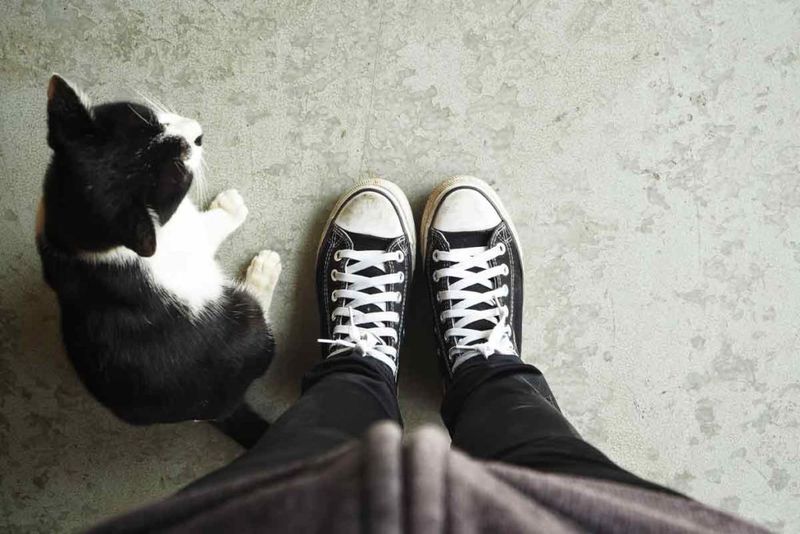
Upon your return, a cat that misses you might follow you from room to room, showing an unusual need for closeness.
This behavior is a clear sign of their attachment and a way to ensure you’re not leaving again.
Their need to be near you constantly indicates a strong bond and reliance on your presence for comfort. This behavior shows that cats can deeply connect with their human companions, craving attention and assurance.
Bringing You ‘Presents’
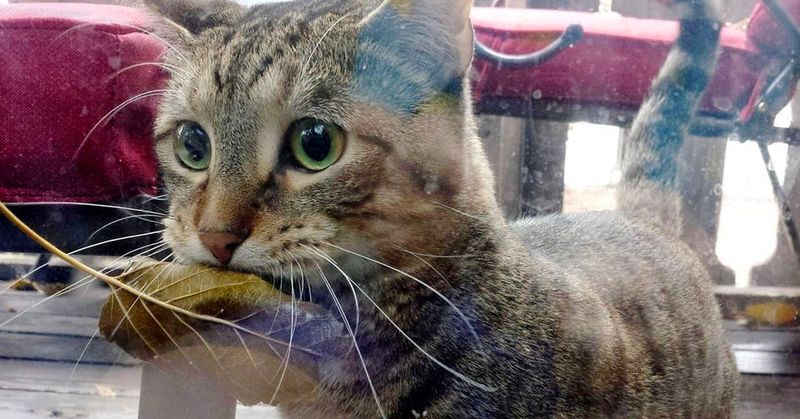
Cats sometimes bring their owners ‘gifts,’ such as toys or even items from outside, as a demonstration of affection and bonding.
While it might seem odd, this behavior shows that they value you and want to share their treasures.
By offering you these presents, they’re communicating that they missed you and are trying to reconnect. It’s a sign of love and the desire to maintain a close relationship with you, reflecting a deep emotional bond.
Increased Grooming
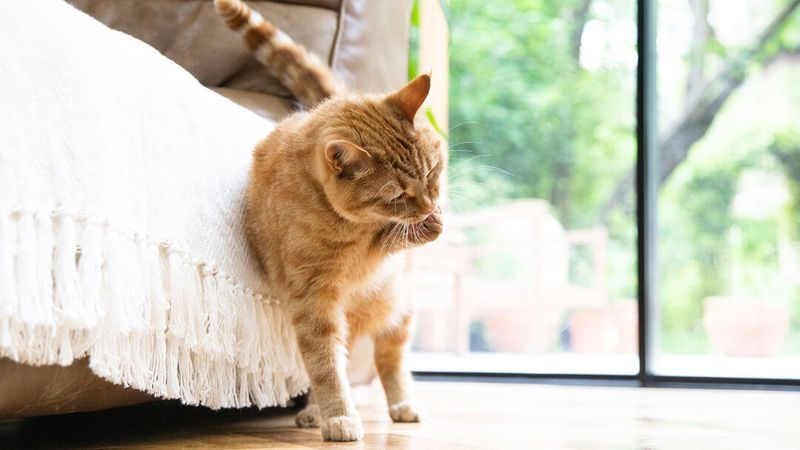
Cats may increase their grooming habits when they miss their owners. This self-soothing behavior helps them manage stress and anxiety.
Grooming creates a familiar routine and can provide comfort in your absence.
If you notice excessive grooming, it might be a sign that your feline is trying to cope with the loneliness of not having you around. This indicates that they miss the companionship and reassurance that your presence brings to their life.
Vocalizing at Night
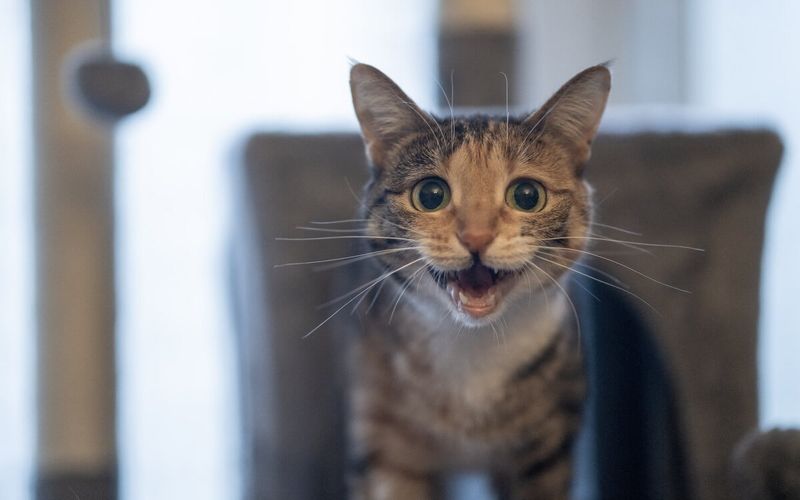
Some cats may vocalize more at night when their owner is away, expressing their loneliness. The silence of nighttime can amplify their sense of solitude.
This behavior can be an attempt to fill the void, calling out in hopes of hearing something comforting.
Cats are naturally nocturnal, and if they’re used to nighttime interactions with their owners, the absence can be more pronounced. Their vocalizations serve as a reminder of their need for company and connection.
Sitting by the Door
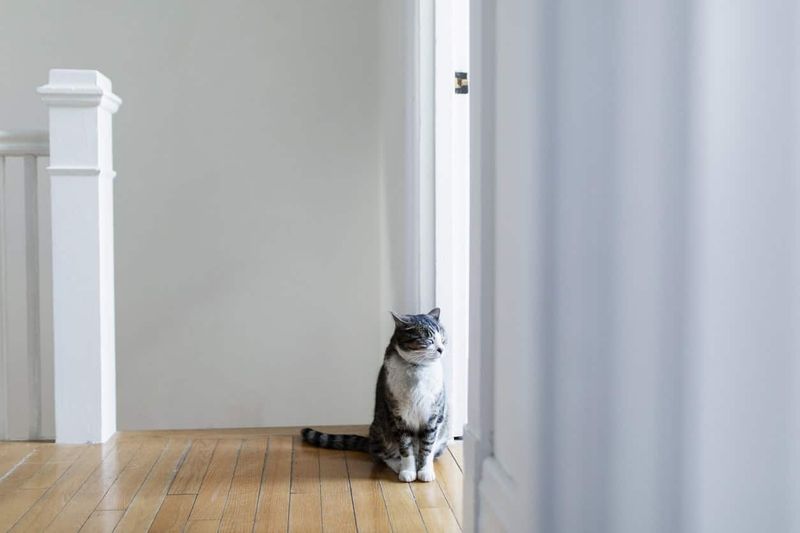
Many cats will spend time near the door, waiting for their owner’s return. This spot becomes a place of anticipation and hope.
Cats are creatures of habit, and they’ll often sit by the door around the time you usually come home.
This behavior highlights their longing and expectation for your arrival. It’s a poignant display of how ingrained you are in their daily routine and how much they miss your presence.
Refusing Food
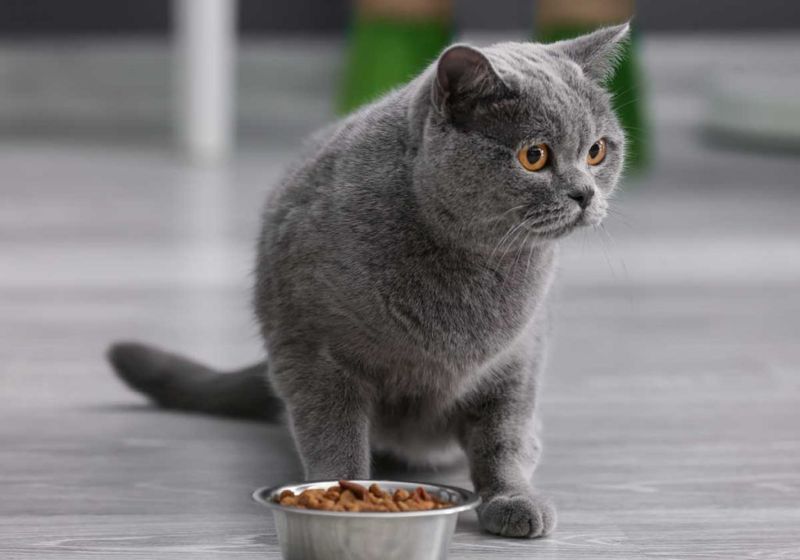
A noticeable change in appetite can indicate that a cat is missing its owner. Some cats may refuse to eat when their primary caregiver is away.
This behavior might stem from stress or emotional distress. The absence of their beloved human can disrupt their normal feeding habits.
This reluctance to eat showcases the strong bond between you and your cat, as they associate feeding time with your presence and care.
Playing with Your Belongings
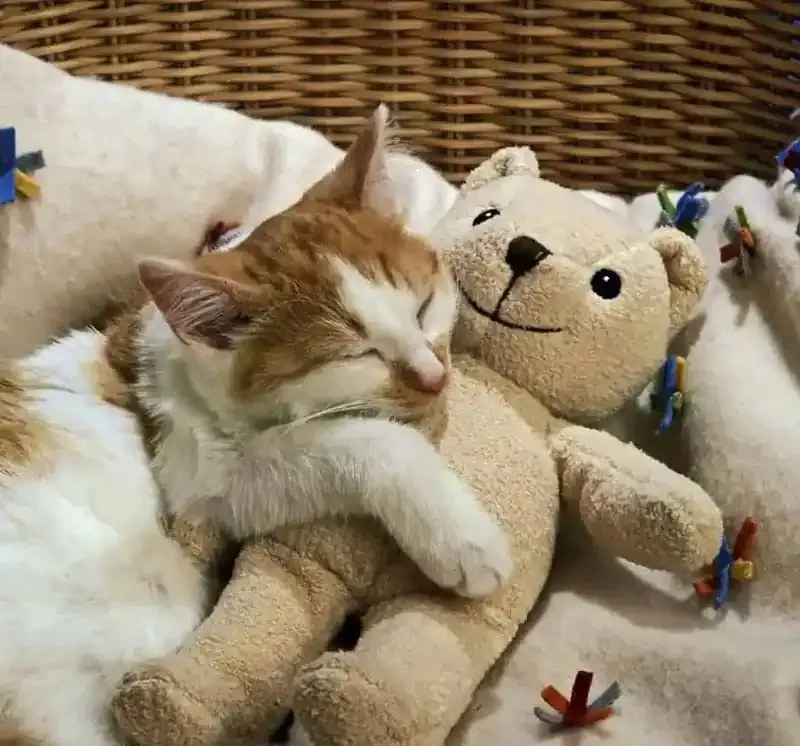
Cats may turn to their owner’s belongings for comfort and play, showing that they miss the familiar scent and texture.
Playing with your items can provide a sense of closeness, as your scent is a comforting reminder of your presence.
This behavior indicates that your cat values the connection and tries to maintain it in your absence by interacting with things that remind them of you.
Increased Litter Box Usage
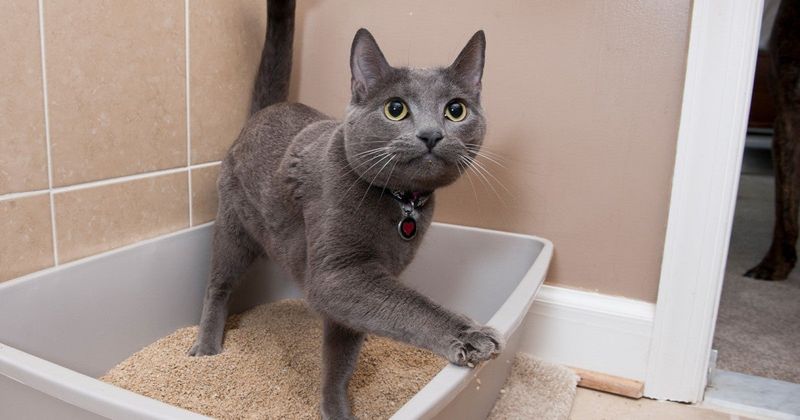
An increase in litter box usage can be a sign of stress when you’re away. Cats might use their litter box more frequently as a way to cope with emotional distress.
This increase can be a physical manifestation of their anxiety and longing for your presence.
By spending more time in a space they associate with cleanliness and routine, they seek comfort in familiarity. This behavior signals their need for emotional reassurance.
Seeking Hiding Spots
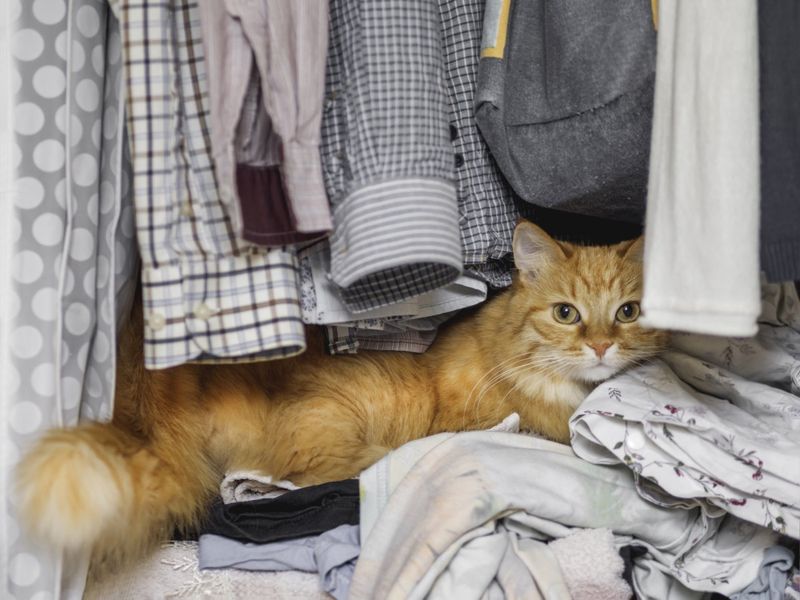
Cats sometimes retreat to hiding spots when they miss their owner. These safe havens provide solace and security.
The absence of a beloved human can lead them to seek out quiet spaces, away from the hustle and bustle.
This behavior illustrates their need for stability and comfort in environments they can control, reflecting their emotional response to missing you.
Clingy Behavior
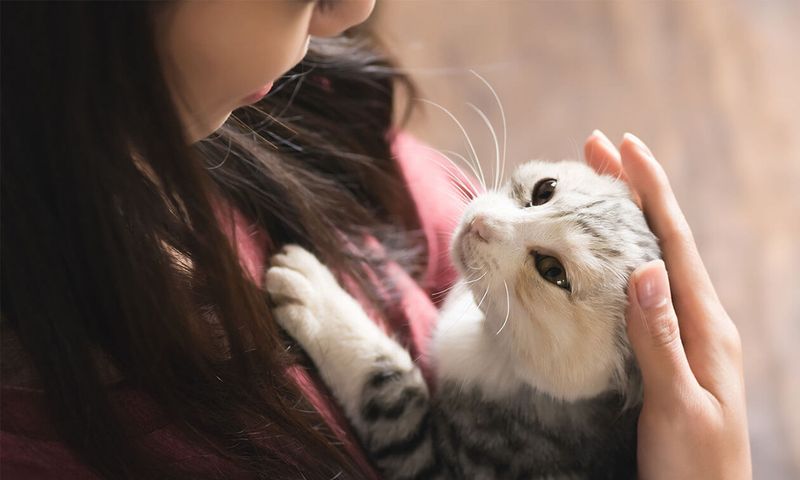
Upon reunion, you might find your cat displaying clingy behavior, such as always wanting to sit on your lap.
This yearning for closeness is a pronounced sign they missed you deeply.
Some cats become almost inseparable from their owners when they return, not wanting to let them out of their sight. This tender display of affection underscores the strong emotional bond and trust shared between you and your feline friend.
Using Your Belongings as Beds
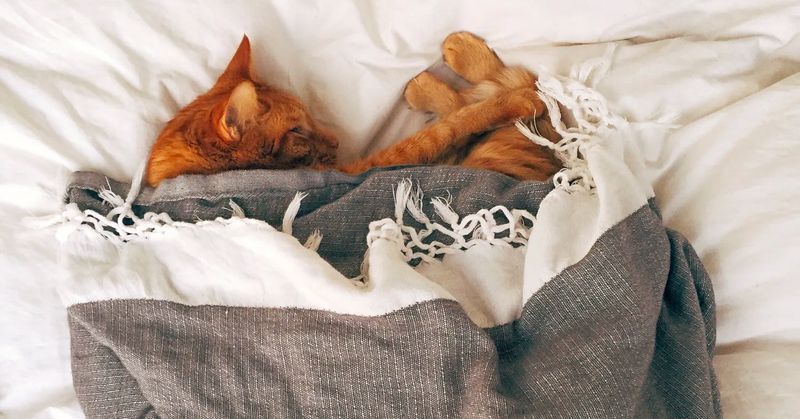
Your cat might choose to sleep on your clothes, bags, or other personal items, drawn to your scent. This behavior provides comfort and a sense of closeness.
The familiar smell acts as a substitute for your physical presence, soothing their longing.
It’s a testament to how much your presence means to them, as they find solace in anything that reminds them of you.
Biting or Nibbling Playfully
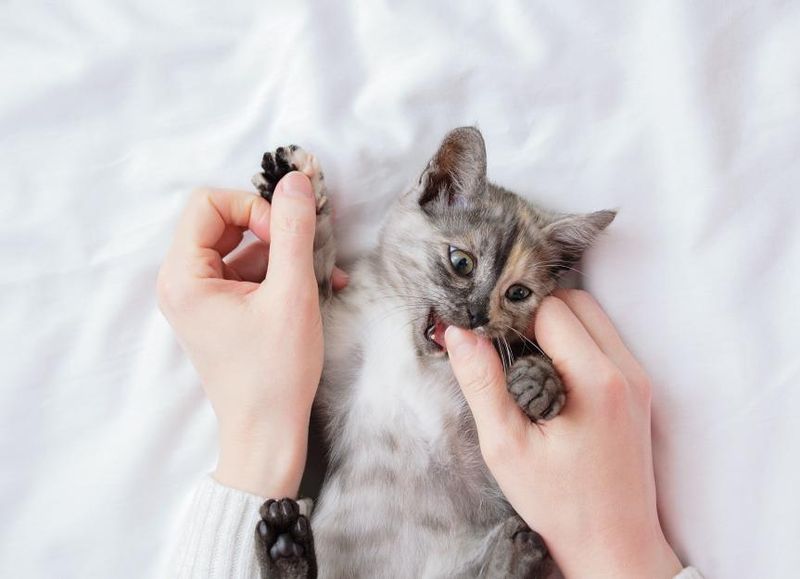
Playful biting or nibbling can indicate a cat’s excitement upon an owner’s return. This behavior is a form of interaction and a way to express affection and relief.
Cats often use gentle nibbles as a form of bonding, reminiscent of kittenhood interactions.
This playful behavior shows they’re happy to see you and are eager to reconnect after your absence, reflecting their emotional attachment and joy at having you back.

